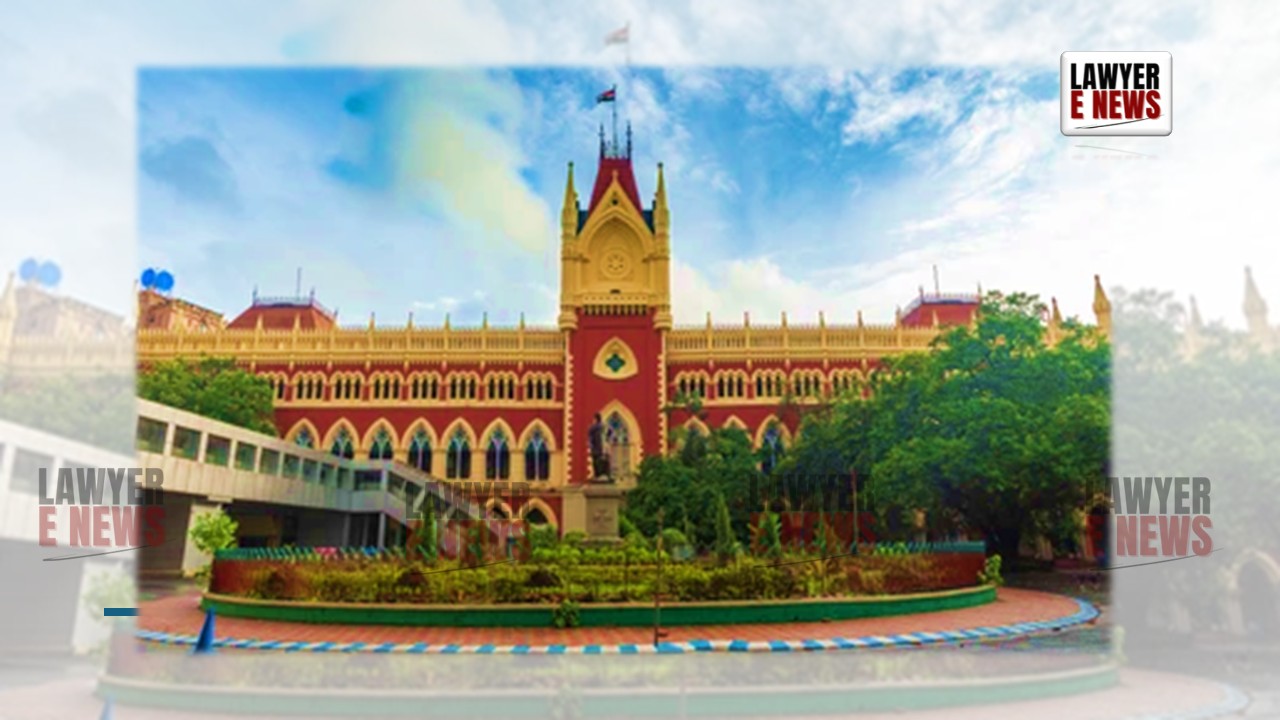-
by Admin
15 February 2026 5:35 AM



Subheadline: Summons in a commercial dispute quashed, reinforcing the separation between civil and criminal jurisdictions.
In a significant judgment, the Calcutta High Court has quashed the criminal proceedings initiated under Sections 406, 420, and 120B of the Indian Penal Code against M/s. Gannon Dunkerley & Company Limited. The court emphasized the necessity of distinguishing between civil and criminal disputes, noting the improper use of criminal law to address a commercial disagreement.
The case involved a commercial transaction between Gannon Dunkerley & Company Limited (the petitioners) and Chhatishgarh Impex Private Limited (the complainant). In October 2017, representatives from Gannon Dunkerley approached Chhatishgarh Impex to purchase MS gates, assuring timely payment as per the agreed terms. An order worth Rs. 1,45,90,464 was placed, but only part payments were made, leaving an outstanding balance of Rs. 22,32,041. Despite a demand notice, the remaining amount was not paid, leading Chhatishgarh Impex to file a criminal complaint for cheating and criminal breach of trust.
The court observed that the dispute arose from a business transaction, and any breach should be addressed through civil remedies, not criminal prosecution. The learned counsel for the petitioners argued that the allegations did not meet the criteria for criminal charges and cited several judgments to support their position.
The court referenced key Supreme Court judgments emphasizing the distinction between civil breaches and criminal offenses. In cases like Hridaya Rangan Pd. Verma vs. State of Bihar and Sachin Garg vs. State of UP, the Apex Court has consistently warned against converting civil disputes into criminal cases without evidence of fraudulent intent from the outset.
Justice Ajay Kumar Gupta noted, “There was nothing to show that the petitioners had dishonest or fraudulent intention at the time when the opposite party had supplied the MS gates.” The court stressed that mere non-payment or breach of contract does not amount to cheating unless there is clear evidence of fraudulent intent at the inception of the transaction.
The judgment articulated, “Simply because payments have not been made or accounts have not been settled, it does not constitute offenses punishable under 406/420/120B of the Indian Penal Code. The disputes between the parties are purely civil in nature.”
The court extensively discussed the principles for distinguishing civil and criminal liability. It reiterated that criminal proceedings should not be used to settle commercial disputes and that the misuse of the criminal justice system for such purposes must be curbed to prevent abuse.
The Calcutta High Court’s judgment underscores the importance of maintaining the integrity of the legal system by preventing the criminalization of civil disputes. By quashing the summons and the related proceedings, the court reinforced the principle that commercial disagreements should be resolved through appropriate civil channels. This decision is expected to deter similar misuse of criminal law in the future, ensuring that civil remedies are sought for civil wrongs.
Date of Decision: July 24, 2024
